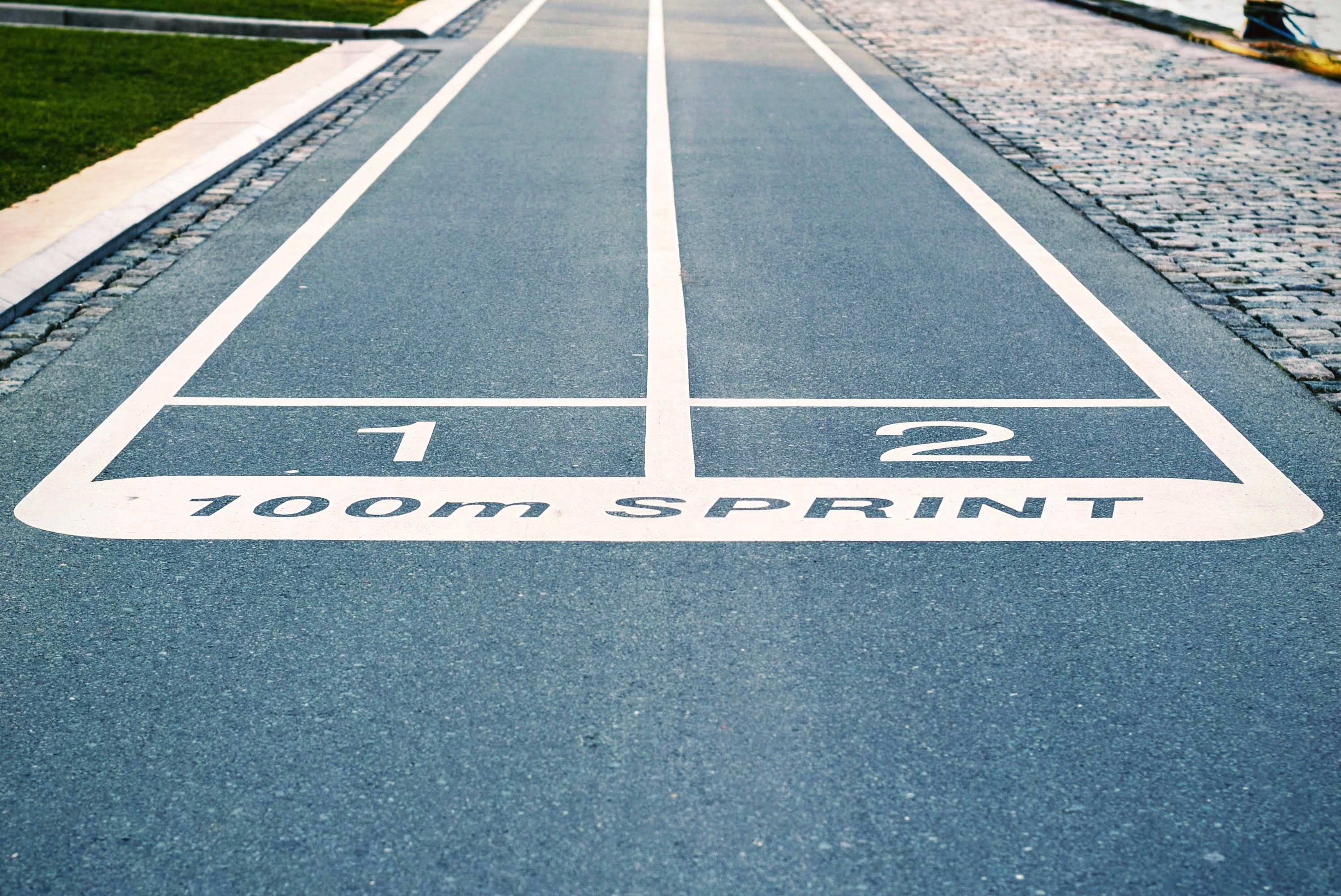Rethinking Traditional Sports Training: The Shift Towards Cognitive Conditioning
Athletics and sports participation have always engrossed the global populace, surpassing cultural, national, and socio-economic boundaries. However, an emerging angle in sports training that's been capturing attention lately is cognitive conditioning. This article takes a deep dive into this new training approach that is transforming sports.
Cognitive Conditioning: A Closer Look
Cognitive conditioning in sports is a novel concept that revolves around improving athletes’ cognitive functioning. Cognitive functioning refers to an individual’s mental abilities, including perception, memory, judgment, and reasoning. Over the years, this enrichment of cognitive abilities has shown a substantial influence on athletes’ performance, prompting coaches and trainers worldwide to reconsider their traditional methods.
Evolution of Cognitive Conditioning in Sports
The concept of cognitive conditioning has its roots in psychology, particularly the theories of Ivan Pavlov and B.F. Skinner. However, its application in sports is relatively new. Over the years, there has been a shift from purely physical training to a comprehensive development program that includes mental conditioning.
Cognitive Conditioning Today: Trends and Insight
In the current scenario, cognitive skills training has become a critical component of holistic athlete development. Recent research advises a more integrated approach wherein physical and cognitive skills are developed simultaneously. Elite sports institutions and athletes, from NBA players to top-tier Soccer athletes, have integrated cognitive conditioning into their training regimens.
Real-World Impact: Benefits and Challenges of Cognitive Conditioning
The potential benefits of cognitive conditioning are considerable. Improved cognition could translate into better decision-making, higher accuracy, quicker reaction times, and overall enhanced performance in sports. However, implementing cognitive training is not devoid of challenges. A significant barrier is the time and resources required to integrate cognitive conditioning into traditional training methods.
The Future of Sports Training: A Cognitive Twist
Looking forward, cognitive training in sports is set to evolve and transform how athletes train and perform. Numerous technological advancements, like virtual reality and neurofeedback, provide exciting possibilities to enhance cognitive skills further. While the perception of sports training as purely physical remains prevalent among some, the rising shift towards cognitive conditioning fosters a fresh perspective in the field.
The intersection of athletic talent and cognitive ability is a reality that modern sports is embracing. The shift from traditional training methods to cognitive conditioning opens avenues for unexplored potential, affecting athletes at all levels. As sports continue to evince its dynamic nature, these developments stand testament to a progressing culture that runs beyond winning or losing and aims at holistic athletic evolution.





